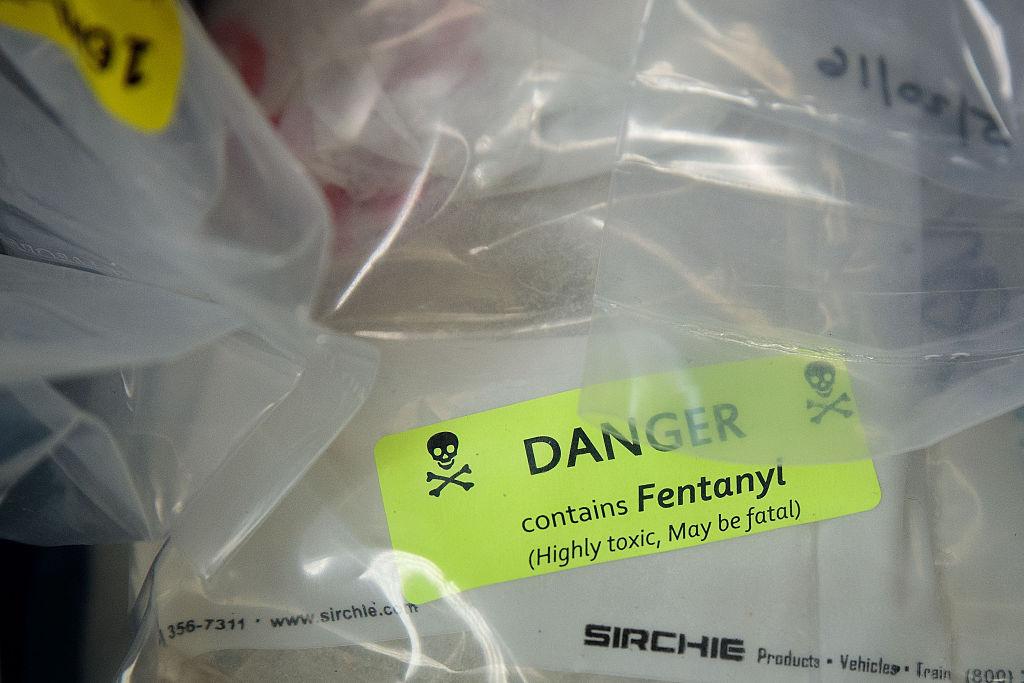An award of up to $5 million is being offered by the U.S. State Department for information regarding a Chinese fentanyl trafficker.
Zhang Jian, 42, a key leader of a transnational criminal organization that manufactured fentanyl and fentanyl analogs from at least four known labs in China, advertised illicit drugs on the internet to customers in the United States and Canada, according to the Drug Enforcement Administration (DEA).





